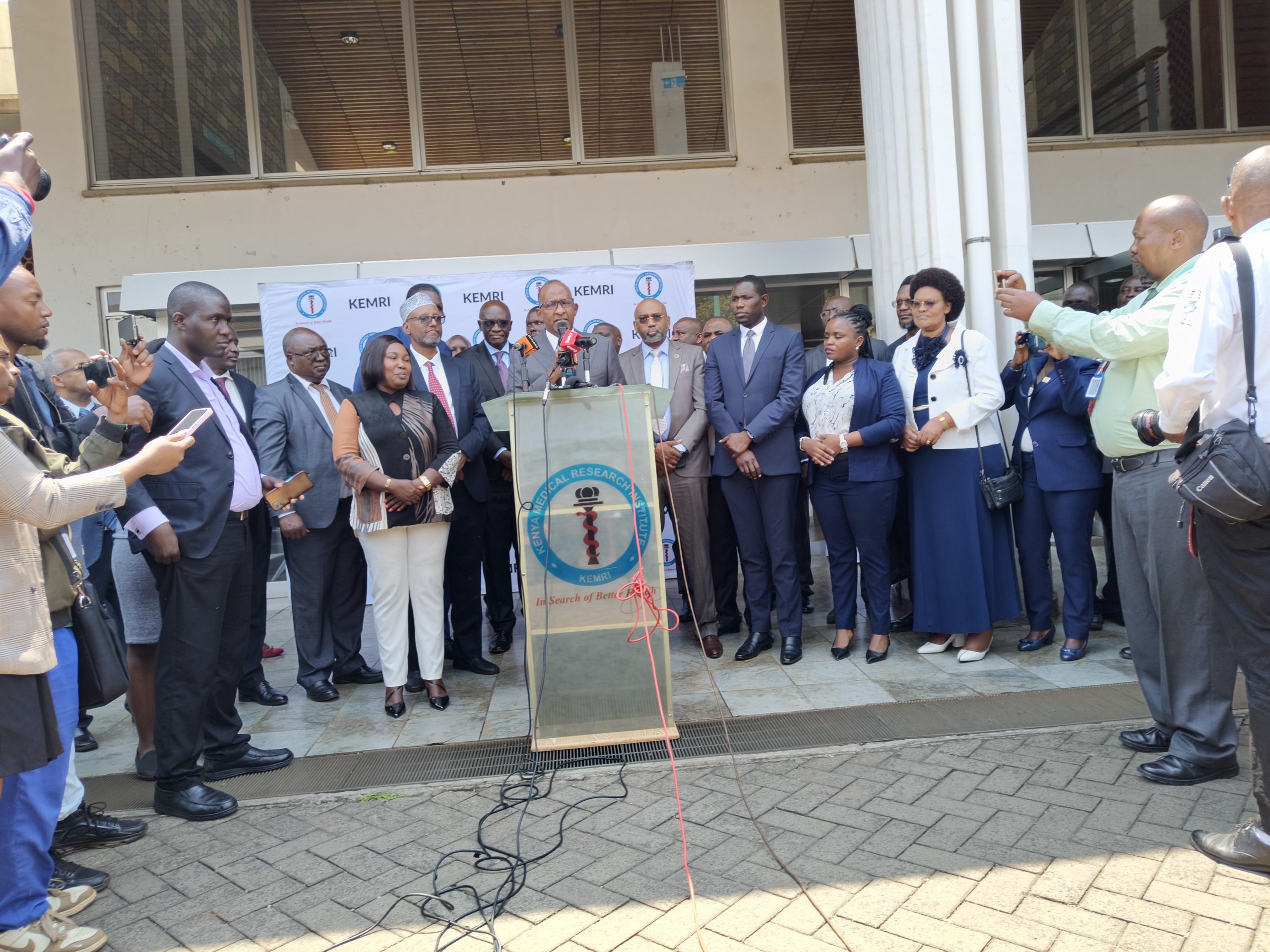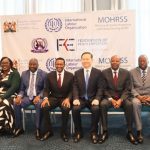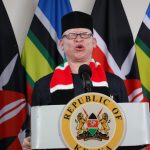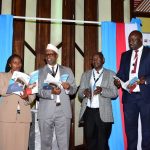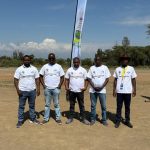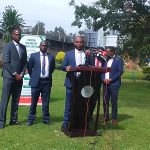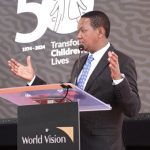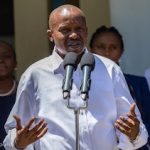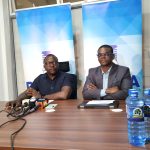Health Cabinet Secretary Hon. Aden Duale (Centre) speaking during a media briefing at KEMRI in Nairobi on September 16, 2025.
By Peace Muthoka.
Nairobi, September 16 – For many families across Kenya, the fear of a child being paralyzed by polio is a painful memory that lingers from decades past. Today, hope rose anew as the Ministry of Health and the Kenya Medical Research Institute (KEMRI) unveiled a state-of-the-art expanded Polio Laboratory in Nairobi, promising faster detection of outbreaks and stronger protection for children.
The facility, officially inaugurated by Health Cabinet Secretary Hon. Aden Duale, is expected to transform how Kenya and its neighbors respond to health threats. For years, samples from suspected polio cases had to be shipped abroad for sequencing, delaying results and slowing down response efforts. Now, with modern genomic sequencing equipment installed at KEMRI, those delays will be a thing of the past.
“This laboratory is more than a building. It is a beacon of hope and resilience,” said Duale during the ceremony. “For decades, KEMRI’s Polio Laboratory has safeguarded Kenyans and supported countries in the Horn of Africa. This expansion will reduce turnaround times, improve outbreak response, and position Kenya as a regional leader in health security.”
The upgrade was made possible through support from the World Health Organization (WHO) and the Bill & Melinda Gates Foundation. Duale said the lab will not only support polio eradication but also strengthen epidemic preparedness under the government’s Bottom-Up Economic Transformation Agenda (BETA) for Health.
KEMRI Acting Director General Prof. Elijah Songok described the project as a legacy that goes beyond polio. He recalled KEMRI’s pivotal role in fighting HIV/AIDS, malaria, Ebola, and most recently COVID-19.
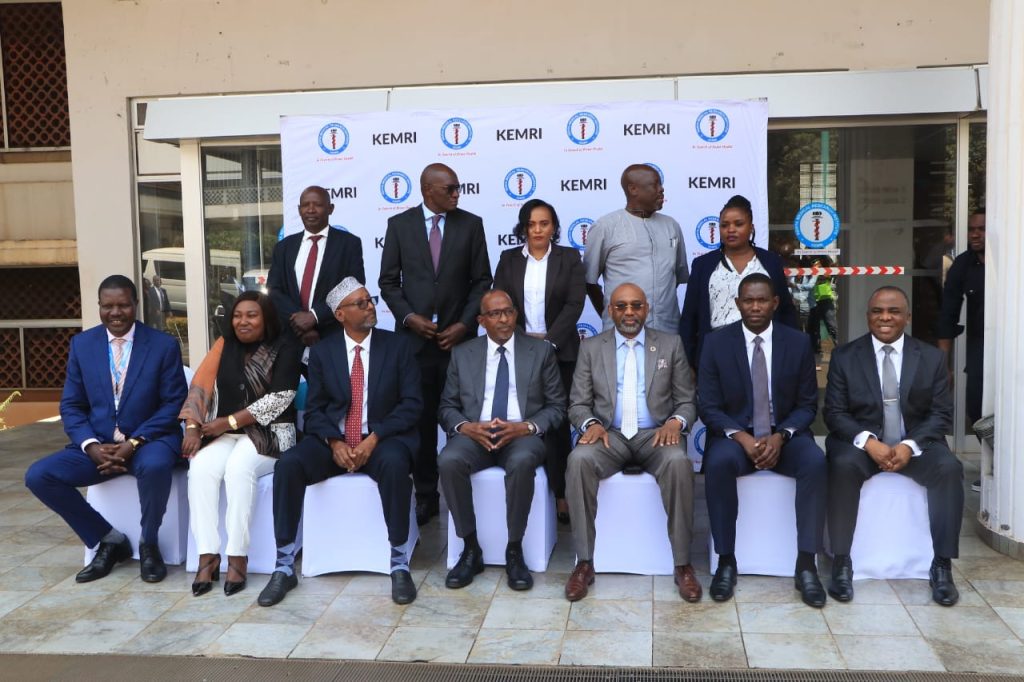
“For over 20 years, this lab has been central to polio surveillance. But today, we mark a turning point,” said Prof. Songok. “This expanded facility will also sequence other viruses such as measles, rubella, MPOX, and emerging pathogens. It will serve as a multi-pathogen platform that strengthens Kenya’s compliance with international health regulations and builds resilience against future pandemics.”
The lab is expected to create jobs for scientists, technicians, and public health experts, while cutting costs previously incurred in outsourcing sequencing abroad. Plans are also underway to begin local production of liquid nitrogen at KEMRI, a step that will support both human and veterinary medicine under a One Health approach.
The inauguration was attended by senior government officials, WHO Country Representative Dr. Abdourahmane Diallo, KEMRI Board Chair Dr. Abdullahi Ali, and development partners, all of whom pledged continued support.
Duale reminded Kenyans of what was at stake. “This is a reaffirmation of our commitment to finish the fight against polio and prepare for the health threats of tomorrow,” he said.
For parents across the country, the expanded laboratory represents more than science and technology it is a promise that their children can grow up free from the shadow of a disease that once crippled so many.

